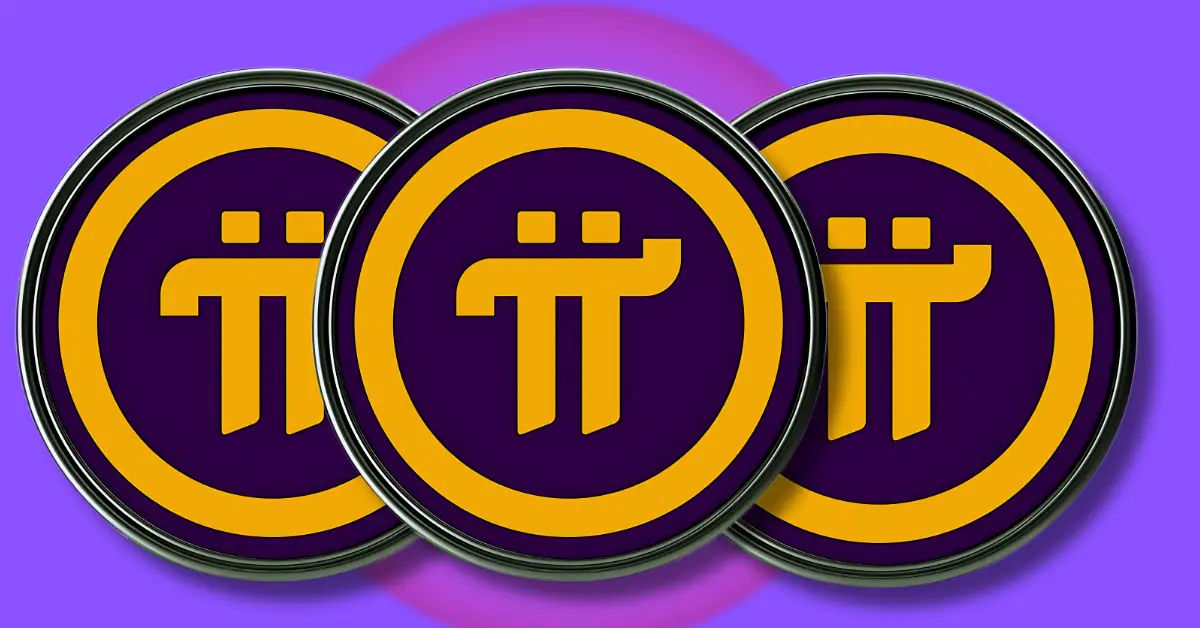Pi Coin, which gained significant attention in early 2025 for its mobile mining approach, is now demonstrating real-world utility beyond speculation. This evolution marks a crucial step in the cryptocurrency’s journey toward mainstream adoption. In South Korea, the token has found particular traction among skincare retailers, who are increasingly accepting Pi as payment for products and services. What began as industry rumors has materialized into actual point-of-sale implementations, establishing an early foothold in the Asian retail market.
The adoption trend extends beyond Asia to the United States, where Florida-based Zito Realty has announced its willingness to accept Pi Coin for real estate transactions. This development is particularly significant given Florida’s crypto-friendly regulatory environment, which recently saw its Insurance and Banking Subcommittee unanimously approve legislation to create the nation’s first state-level itcoin">Bitcoin reserve. The integration of Pi Coin into real estate transactions represents a substantial vote of confidence in the cryptocurrency’s stability and long-term viability.
Further cementing Pi Coin’s transition to practical utility, fintech platform Banxa has incorporated the cryptocurrency into its payment infrastructure, enabling transactions through cards and digital wallets. This integration significantly reduces friction for everyday users looking to acquire and spend Pi. Banxa’s recent purchase of 30.5 million Pi Coins—valued at approximately $19 million—demonstrates institutional confidence in the token’s future. Despite experiencing price volatility, including a 76.65% drop since its February peak, Pi Coin maintains a value 552% higher than its initial launch price and has shown recent bullish momentum with a 42% increase over the past week. With its Relative Strength Index at 42.84 and growing utility across multiple sectors, Pi appears positioned for potential sustained growth beyond speculative interest.





